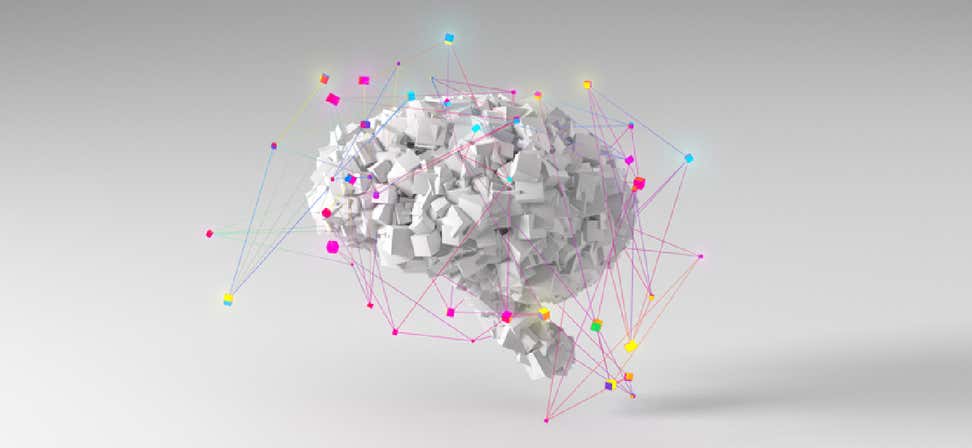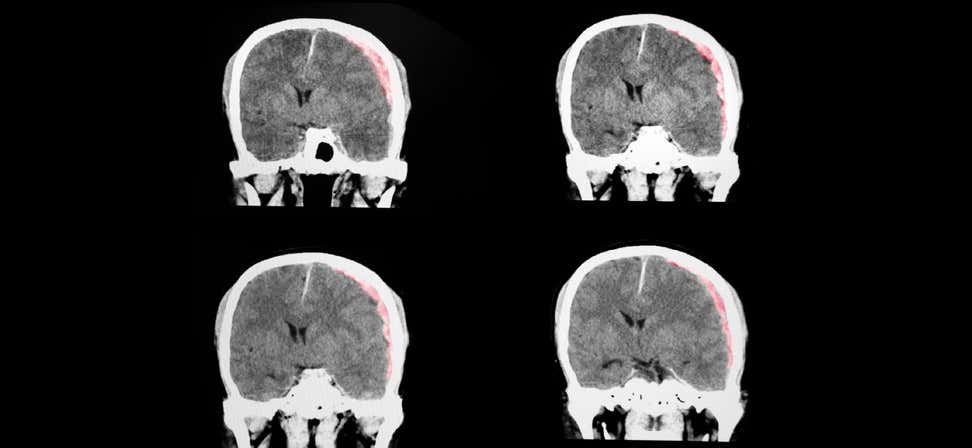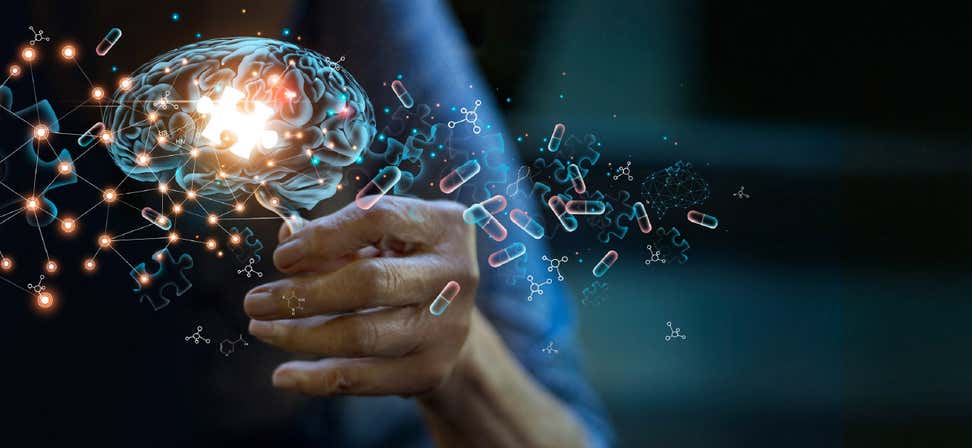We don’t always think consciously about how we use our memory. Our minds are constantly retrieving stored information and gathering new information to store whether we are always aware of it or not.
Take a minute to think about how you think. In a typical week, how do you consciously use your memory?
Memory is very important to all of us for obvious practical reasons such as remembering facts and figures for a job, recalling words when you do the crossword puzzle in the morning, or calling to mind directions to places, to name a few examples. Our memories also tell us who we are and where we belong. They help us to connect to people, as we remember our friends and interesting stories from our past to share with our friends.
At the same time, memory mistakes can sometimes haunt us. And most people notice more mistakes as they get older. The body changes as it ages and so does the mind. However, many changes that happen are typical and are not necessarily a sign of concern.
How memory typically changes as we age
You may have noticed some memory changes as you have gotten older. Some of these memory changes are normal age changes. But just because they are changes associated with aging, it doesn’t mean that you can’t do anything about them. In fact, there are many things that you can do to reduce memory errors. Learning some simple ways to modify your memory behavior can help you improve your everyday memory.
Five typical memory changes that you might notice are:
- Lack of attention
- Mental slowing
- Need for cues
- New learning challenges
- Lack of confidence
We’ll look at each of these in detail and offer suggestions for how to address these changes.
Memory change #1: Lack of Attention
It is harder to focus our attention carefully on the important things and ignore things in the background. We can be distracted by something on the outside (a conversation in the next room, for example) or the inside (thoughts about the next day or the next week). We can “lose our place” in an activity we are doing. All of these changes affect memory.
What you can do:
- Do only one thing at a time.
- Stop outside distractions. Turn off the TV, radio, phone, or other device, and keep others away when you want to do mental work.
- Keep a piece of paper or notebook always handy to make a quick note about any off-topic ideas that come to mind and then concentrate again on what you were doing.
- To focus your attention on something you want to remember, describe it, make a mental picture of it, or think about what it means to you.
Memory change #2: Mental slowing
As we get older, our minds tend to work a bit more slowly. Most people notice this change before they are 50 years old. If we are doing something complex that involves several mental steps, we may be especially slow. If we are doing something very familiar or very important, we may not notice as much slowing.
What you can do:
- Take extra time, when needed, to do mental tasks.
- Do not be upset when you cannot learn or remember something quickly.
- If you want your memory to be faster, practice memory tasks that are important to you.
- If you want to recall something quickly, think about it often so that it becomes very familiar.
Memory change #3: Need for cues
We need more cues to help us pull specific items out of memory. It might be where we saw a person, what we discussed with them, what they were wearing—all of these are cues connected to that person. Sometimes we attach cues automatically to a specific memory. But as we get older, this may not be automatic. It also becomes difficult to use cues later to aid recall.
What you can do:
- When learning something new, think about the cues you could use.
- If you feel blocked when you try to recall information that you already know, think back to where and when you learned it.
- Think about related events, pictures, conversations, or scenes that might serve as a cue.
- Don’t stress. Relax and free up your thoughts when you have difficulty remembering the name of a person, place, movie, or book.
- Try to go through the alphabet or close your eyes and imagine features of that item or person that can be a cue for your memory.
Memory change #4: New learning challenges
With age, it often takes longer to master something new. It also takes more effort to learn. We may need to review new information 4 or 5 times before we know it. Things don’t “stick” as easily as they did when we were younger.
What you can do:
- Be prepared to make an effort when you want to remember something new.
- Review new items many times.
- Personal meaning strengthens memory, so connect your new item to your life—your knowledge, your feelings, your experience.
- Stay mentally active. The more you use your brain on real-world memory activities, the better it will work for you.
Memory change #5. Lack of confidence
Aging does lead to some declines in memory, as noted above. We may have trouble focusing our attention. It can take longer to learn. Recall can be slower and more cues may be needed. It is not surprising that these changes often lead to less confidence. Some people even get very anxious about these changes. This anxiety can interfere with memory and make people avoid memory challenges.
What you can do:
- Do not let normal memory changes stress you.
- Do not believe false stereotypes about memory and aging. Instead, focus on your memory potential.
- Practice those memory tasks that you do well.
- Also, work on tasks that are more challenging for you. The more you practice, the easier these memory tasks will be, and the more confident you will feel.
What factors can impact memory as you age?
The first signs of not remembering or of misremembering can be jolting. You might wonder whether you have a serious condition or are experiencing early signs of dementia. But before jumping to any conclusions, talk with your health care team about other factors that might be impacting your memory.
One often overlooked factor related to memory: your senses. Growing older means that we might not see or hear as well as we used to. And if we don’t see or hear something clearly, we will have difficulty remembering it so make sure to get your hearing and vision checked regularly. If you need glasses or hearing aids, wear them every day.
Sleep, or the lack of it, can also result in memory problems so try to follow good sleep habits such as not consuming caffeine or heavy meals right before going to bed. In addition, there are many physical health issues that affect memory such as fever, strokes, anemia, heart failure, diabetes, Parkinson’s, infection, alcoholism, and drug addiction. Mental health issues, too, such as depression, grief, anxiety, or stress can impair memory. Finally, look at the medications you take. Have you noticed any differences since you started taking certain medications?
Examine these various factors first and talk with your health care team about changes you can make that might improve your memory such as exercising regularly, getting enough sleep, and reviewing your medications. Understanding these factors can help you navigate the memory changes you are experiencing.
Sources
1. National Council on Aging. Aging Mastery Program (AMP). Memory Matters.
2. National Institute on Aging. Memory Problems, Forgetfulness, and Aging. November 2023. Found on the Internet at https://www.nia.nih.gov/health/memory-loss-and-forgetfulness/memory-problems-forgetfulness-and-aging









